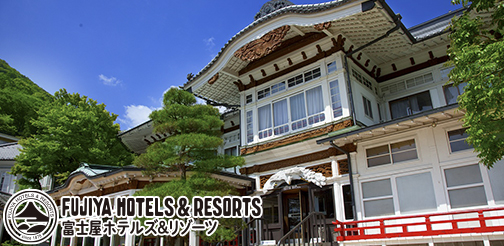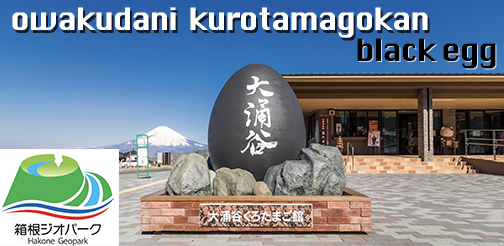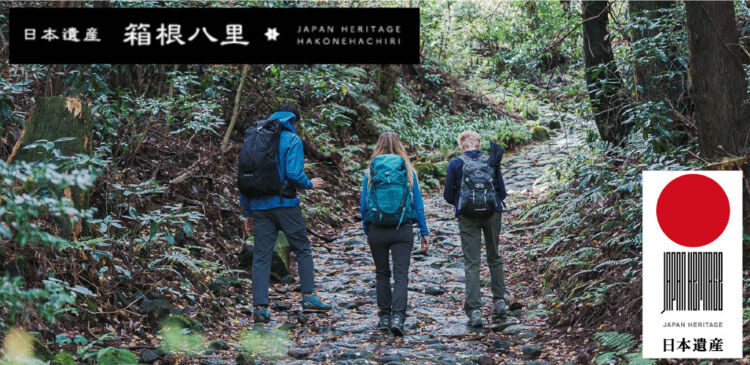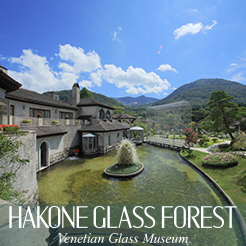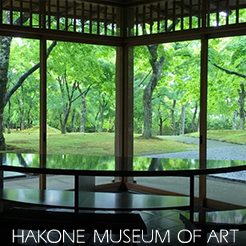Amidaji is renowned for its hydrangeas, which from late June to mid July bloom on both sides of the path leading up to the temple. This lush corridor can be reached by alighting the Hakone Tozan Railway at Tonosawa Station, from where steadily steeper stone steps lead up the mountainside. After a while, you will start seeing small Buddha statues along the way. Even at a leisurely pace, reaching the temple gate should not take more than 20 minutes. Though quite accessible nowadays, this was an extremely secluded location in 1604, when the priest Tanzei (1552–1613) arrived and settled in to meditate in a nearby cave. He established a temple of the Jodo or Pure Land school of Buddhism in the same place the following year, naming it after the Amida Buddha. Tanzei’s cave is behind the current temple complex, about a 15-minute walk up a narrow staircase in the back. Another site of some interest at Amidaji is the small memorial hall dedicated to Princess Kazu (1846–1877), the wife of shogun Tokugawa Iemochi (1846–1866), whom she was forced to marry in 1862 to strengthen the political ties between the imperial court in Kyoto and the samurai government in Edo (present-day Tokyo). Kazu’s tragic life ended at the age of 31; she died of beriberi while staying at a hot spring resort in Tonosawa.
This English-language text was created by the Japan Tourism Agency.


